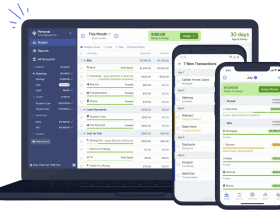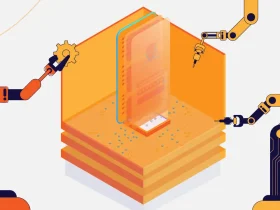Digital badges are rapidly becoming a popular method for recognizing and verifying skills and achievements in various fields. They offer a more efficient and effective way of credentialing and professional development than traditional methods. In this article, we will explore the concept of digital badges, their benefits, and how they are transforming the way people demonstrate their competencies and accomplishments.
What Are Digital Badges?
Digital badges are electronic credentials that represent an individual’s skills, achievements, or learning outcomes. They are issued by organizations, institutions, or individuals to recognize the skills and accomplishments of an individual. A digital badge contains metadata that provides information about the issuer, the recipient, and the criteria for earning the badge.
Unlike traditional certificates and diplomas, digital badges are portable and can be shared and displayed on social media, online profiles, and digital resumes. They are also verifiable, which means that anyone can verify the authenticity of the badge by accessing the metadata embedded in the badge.

The Benefits of Digital Badges
Digital badges offer several benefits over traditional methods of credentialing and professional development. Some of these benefits include:
- Recognizing a wide range of skills: Digital badges can recognize a broad range of skills and competencies that may not be covered by traditional education or training programs.
- Providing a more granular view of skills: Digital badges can represent specific skills or achievements within a larger field, providing a more detailed view of an individual’s competencies.
- Increased portability: Digital badges can be easily shared and displayed on various online platforms, making them more accessible and visible to potential employers and peers.
- Verifiability: Digital badges are verifiable, which means that anyone can verify the authenticity of the badge and the skills or achievements it represents.
- Encouraging lifelong learning: Digital badges can encourage individuals to continue learning and developing their skills throughout their careers.
How Digital Badges Are Transforming Credentialing and Professional Development
Digital badges are transforming the way people demonstrate their competencies and accomplishments in several ways. Firstly, they are providing a more efficient and effective way of credentialing and verifying skills. Digital badges can be earned through a variety of learning experiences, including online courses, ceramic art workshop, and experiential learning opportunities. This means that individuals can earn badges that reflect their real-world experiences and competencies, rather than just their academic achievements.
Secondly, digital badges are encouraging lifelong learning and professional development. Unlike traditional certificates and diplomas, which are often earned at the beginning of a career, digital badges can be earned throughout an individual’s career. This means that individuals can continue to develop their skills and competencies and earn badges that reflect their ongoing learning and development.
Finally, digital badges are providing a more granular view of skills and competencies. Traditional degrees and certificates often provide a broad overview of a field, but may not provide a detailed view of an individual’s competencies. Digital badges, on the other hand, can represent specific skills or achievements within a larger field, providing a more detailed view of an individual’s competencies.
Digital badges are a revolutionary evolution in credentialing and professional development. They offer a more efficient and effective way of recognizing and verifying skills and achievements, and are transforming the way people demonstrate their competencies and accomplishments. Whether you are an individual looking to develop your skills and advance your career, or an organization looking to recognize and verify the skills of your employees or customers, digital badges offer a valuable and innovative solution.














